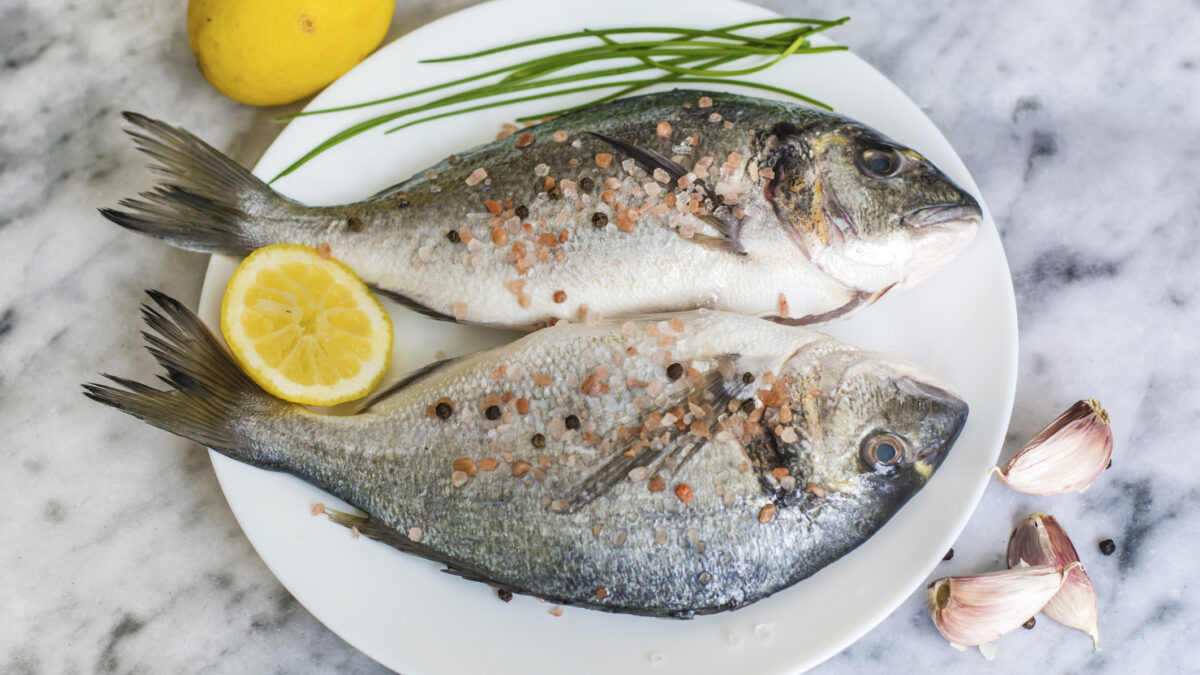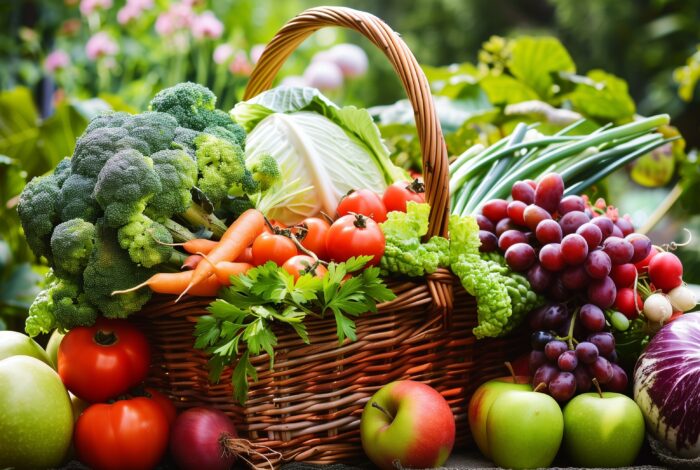The sea has always played an important role in the daily lives of Greeks, serving as a cornerstone of the Greek economy and culture and contributing significantly to the country’s development. Due to its geographical location and extensive coastline, Greece has a long tradition in fisheries, which play a central role in food production and the development of shipping.
While creating commercial, cultural and social opportunities, the sea has always been – and continues to be – a crucial source of food for Greeks. Fish and seafood have a permanent place on our table, with many varieties deeply intertwined with major religious celebrations. The feast of the Nativity of the Virgin Mary on 25 March is usually celebrated with cod and garlic dip, while Clean Monday is marked by the consumption of molluscs and shellfish.
Among the most beloved fish in Greece are anchovies and sardines. They are caught almost year-round using natural fishing methods, such as purse seine and trawl nets, and are eaten either marinated (cured) or grilled. These fish are both affordable and highly nutritious, being rich in vitamins, minerals, and essential omega-3 and omega-6 fatty acids. The sardines of Kalloni Bay, off the island of Lesvos, are particularly renowned.
Another prized fish of the Greek seas is the tonaki (little tuna) of Alonissos. This exquisite product, known for its high nutritional value, is preserved in glass jars after being caught and can be used in pasta dishes and salads.
Tsipoura (sea bream) is also highly favoured, with the variety from the Dodecanese standing out for its exceptional flavour. Thanks to its rich fat content, this fish can be prepared in various ways, from grilled and fried to baked with vegetables.
Of course, no discussion of Greek seafood would be complete without mentioning mollusks like squid and octopus, which – as excellent mezes with Greek ouzo – are deeply associated with Greek tavernas and summer dining.
The tiny atherina (smelt), which is abundant in Greek seas, is delicious and easy to prepare. Koutsoumoura and barbouni (both types of red mullet) are perfect for making kakavia, a traditional Greek fish soup. The Symi shrimp, one of the four shrimp species found in Greek seas, is exceptionally delicious when fried and is eaten whole, including its shell.
In conclusion, Greek seafood is not only a fundamental part of the diet, but also an integral aspect of Greece’s culture, economy, and society. The fishing industry continues to contribute to the preservation of the country’s cultural heritage and economic prosperity.










